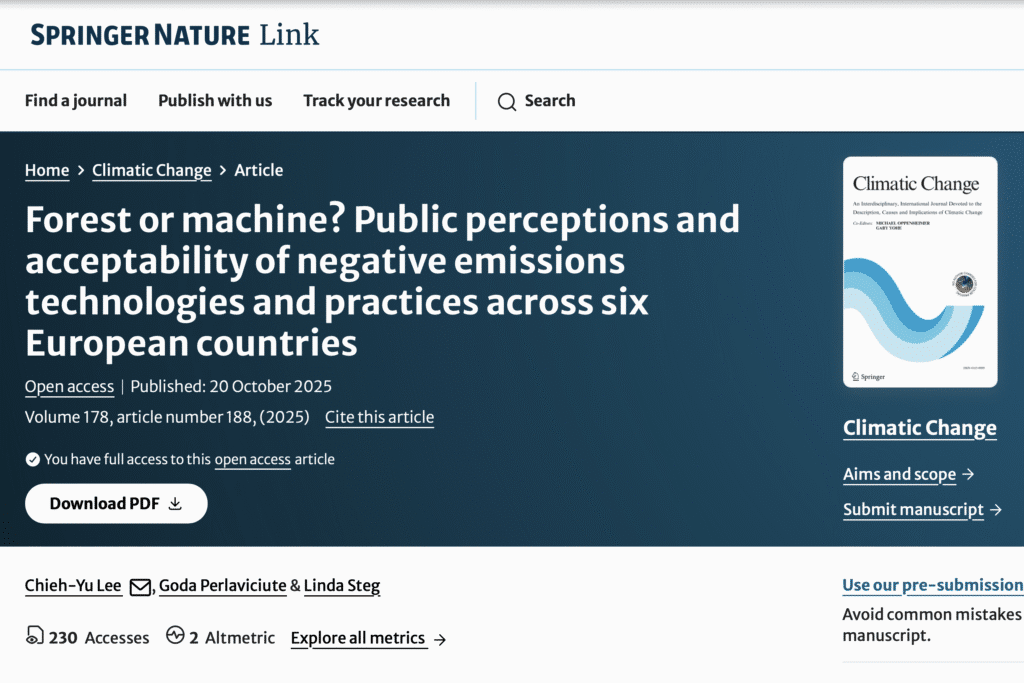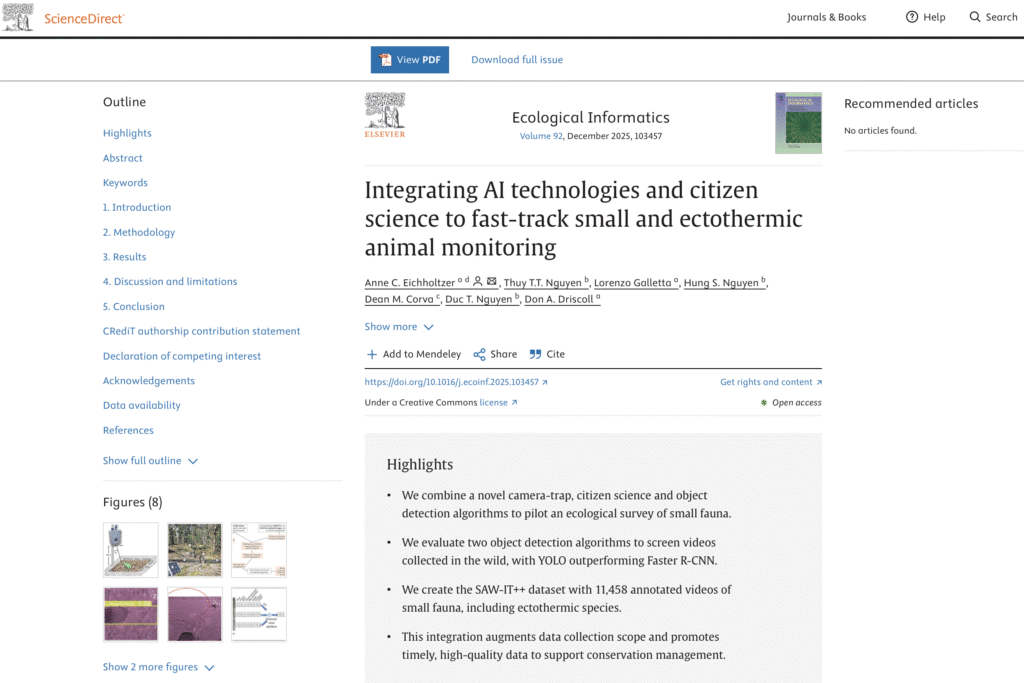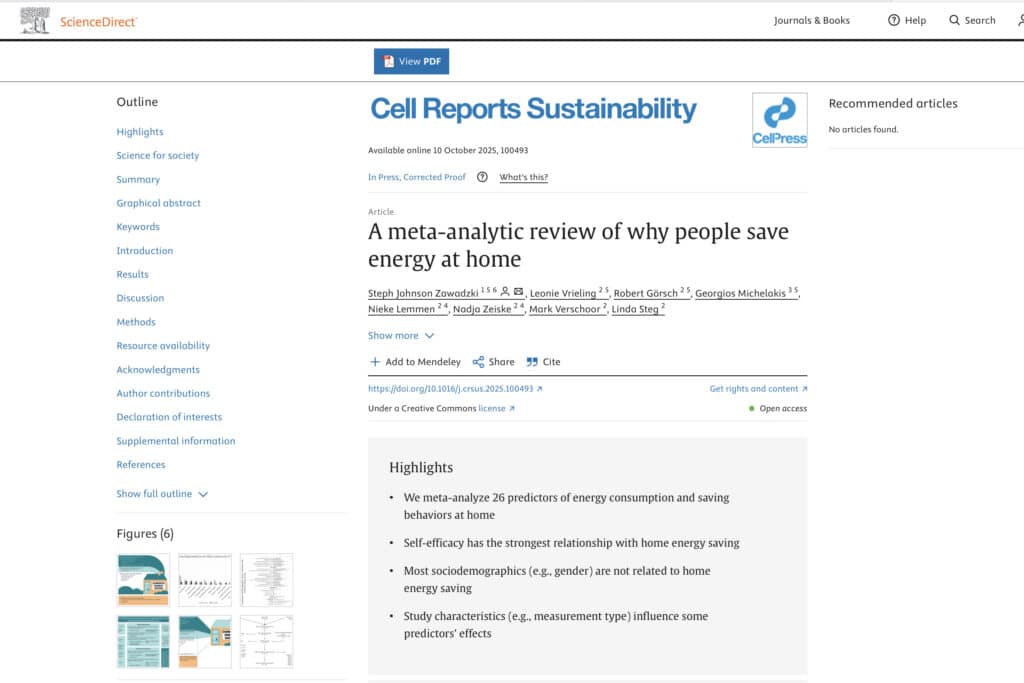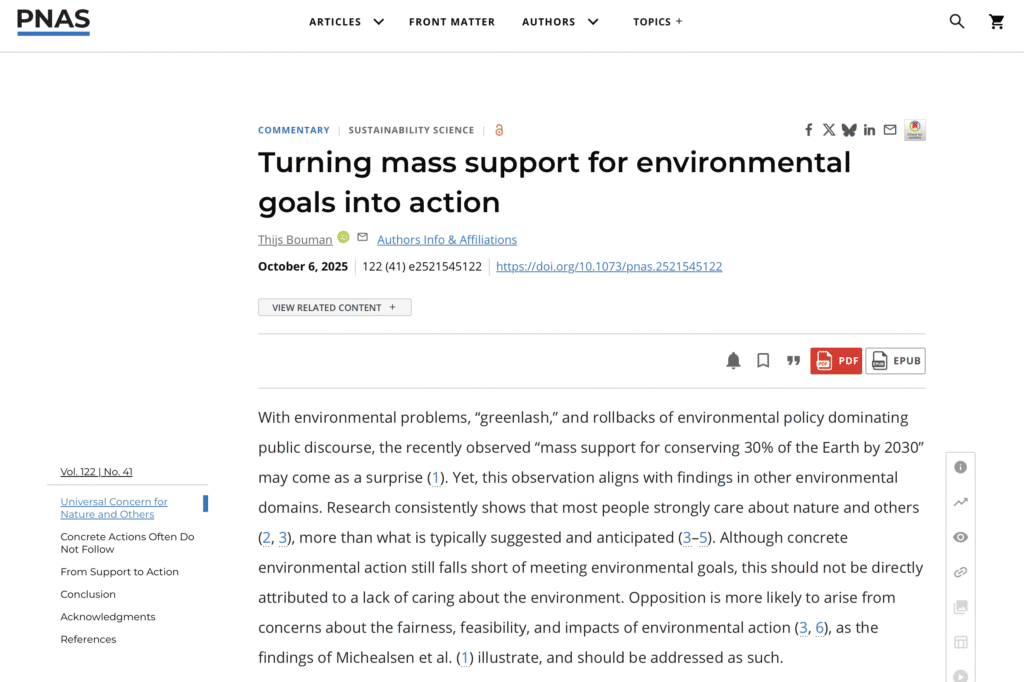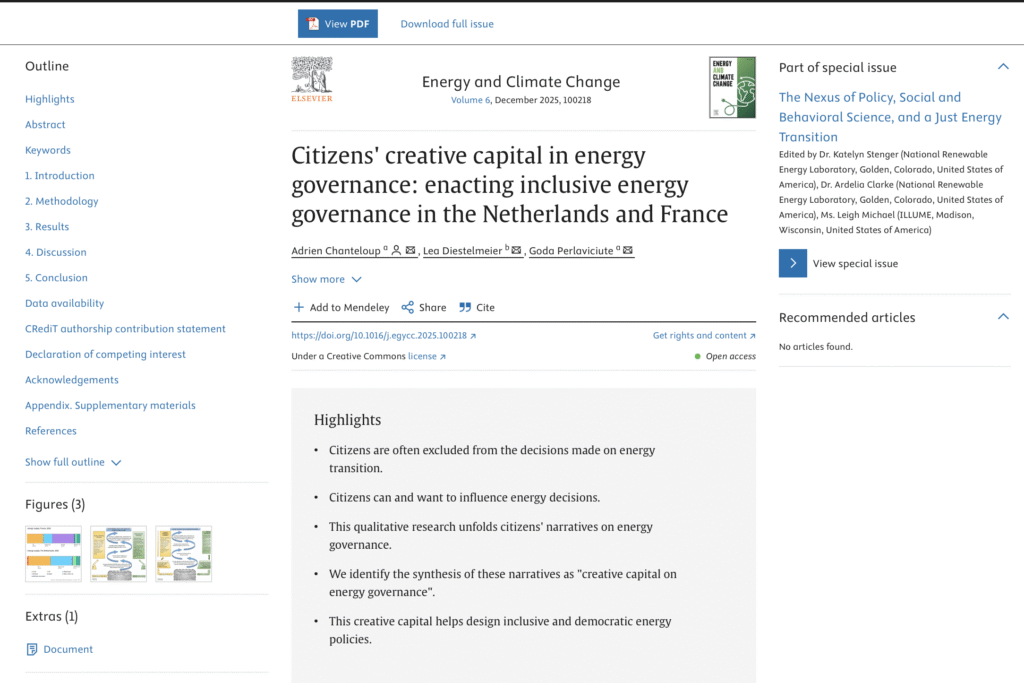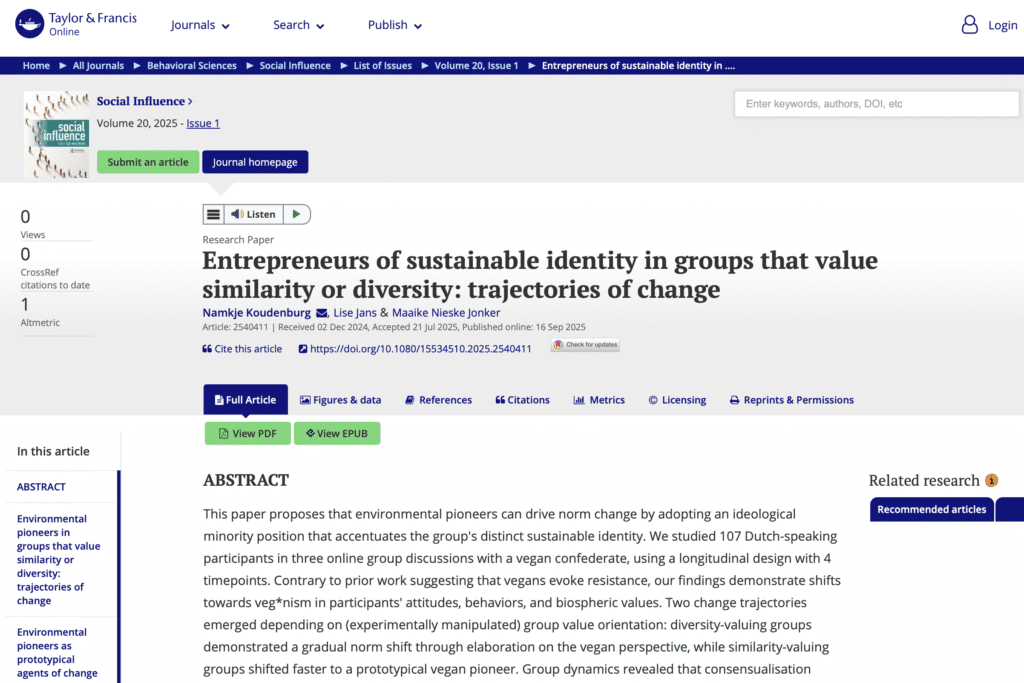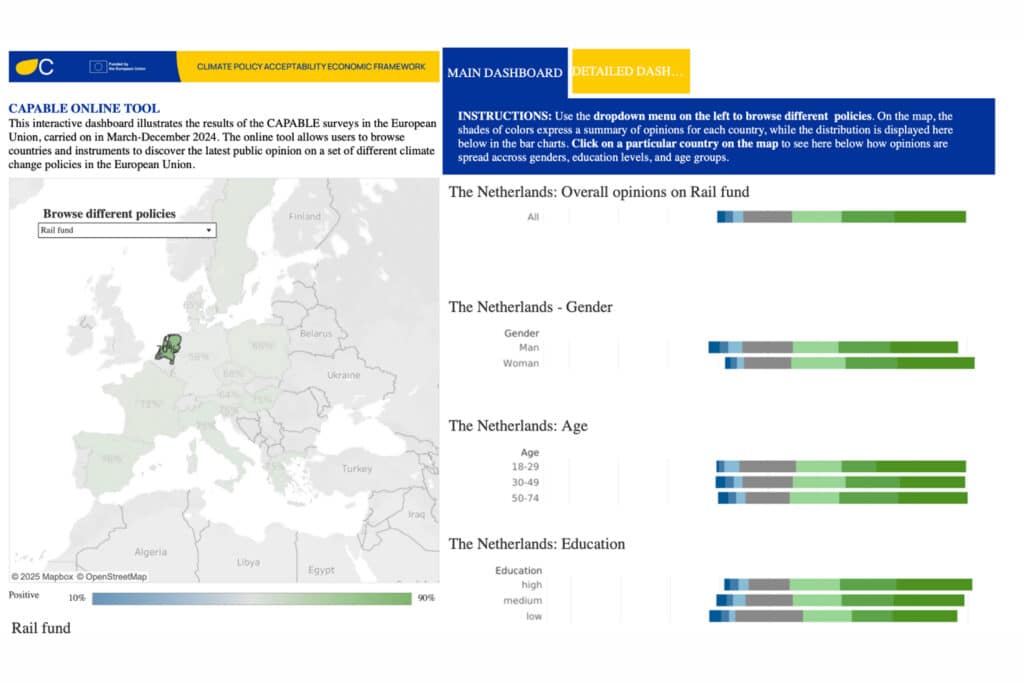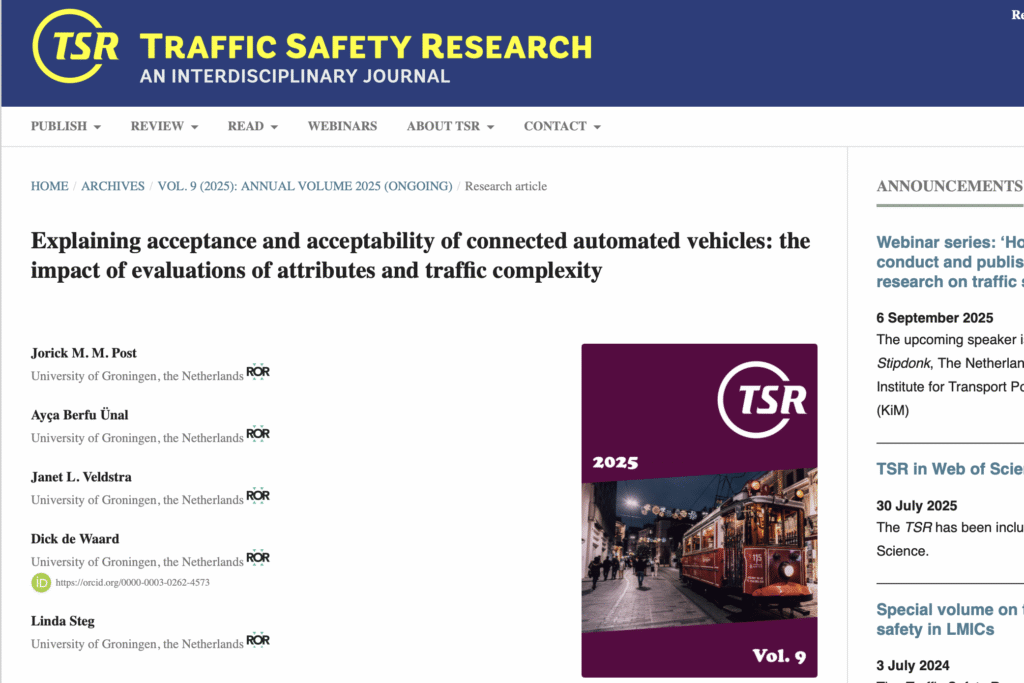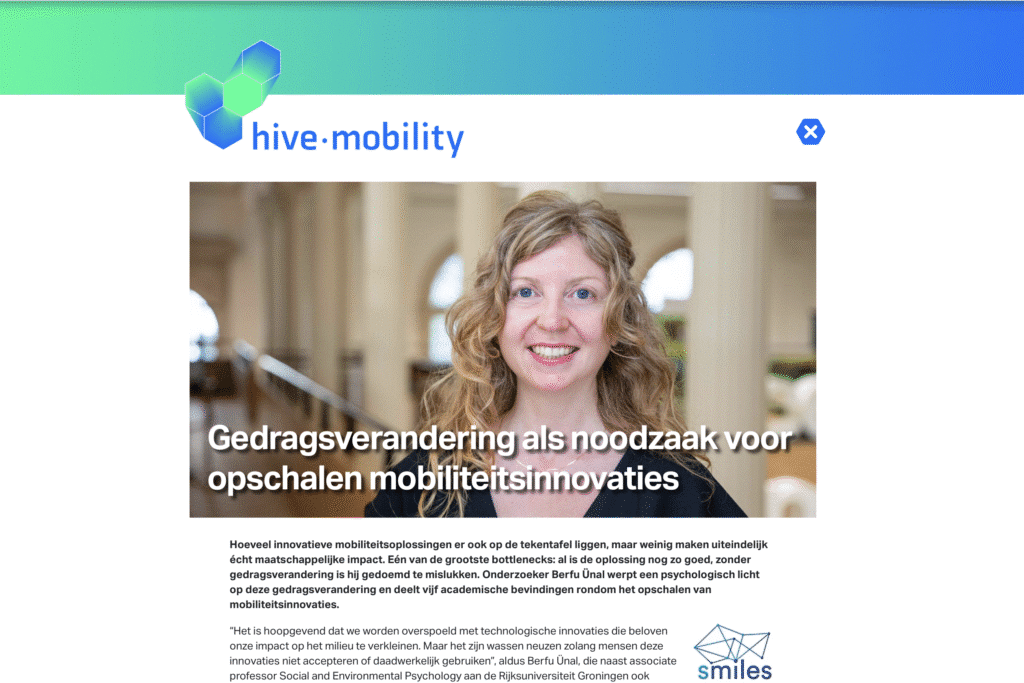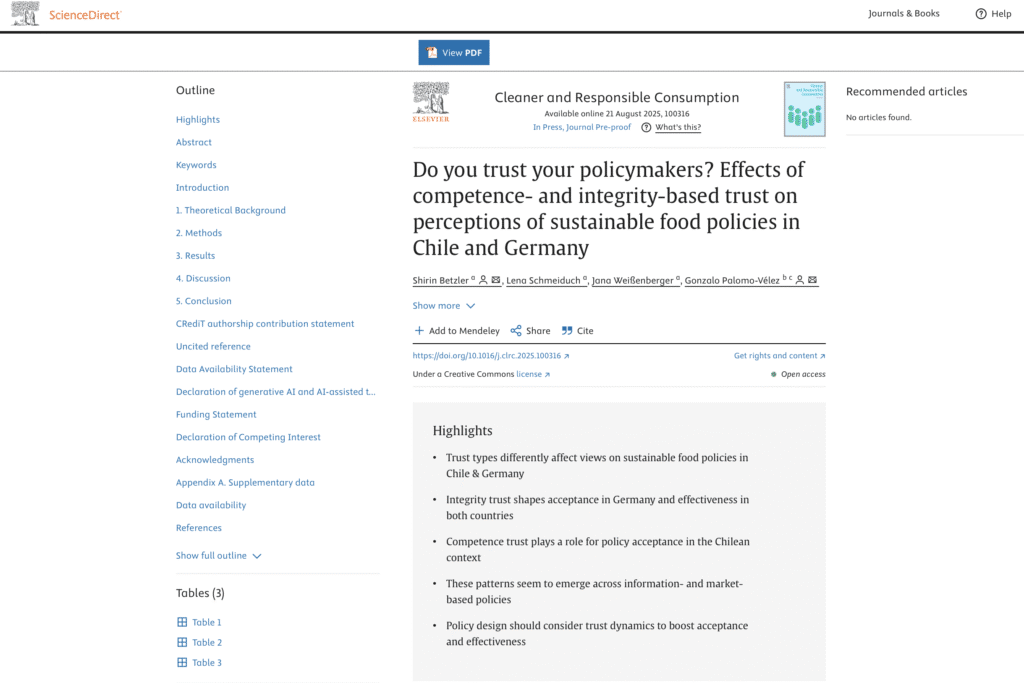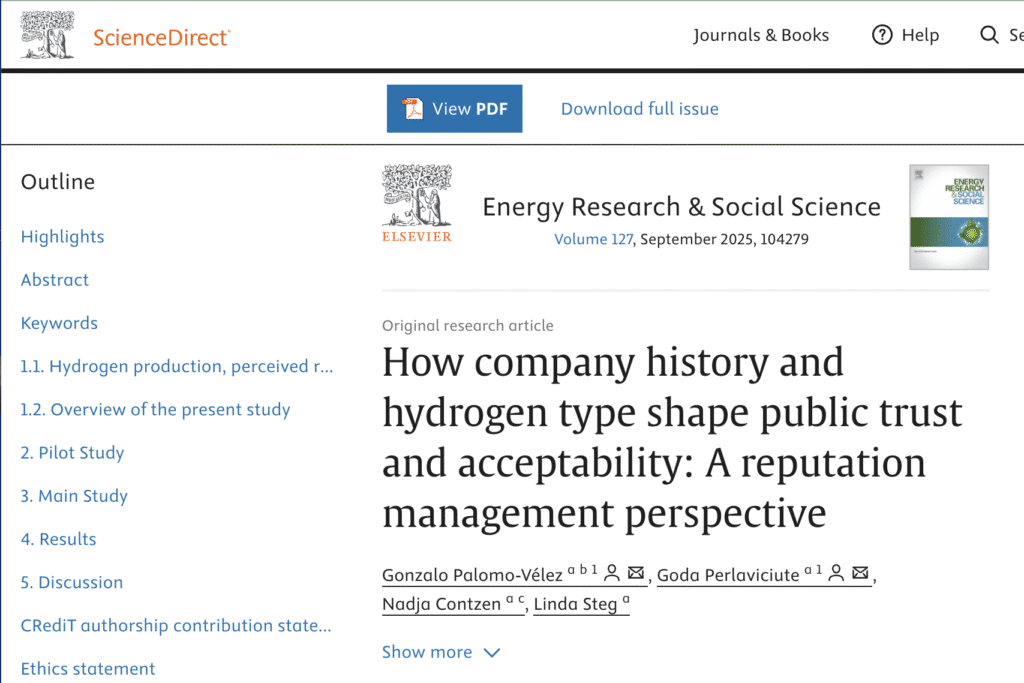Abstract
We studied public perceptions of what climate actions are needed, which actors should and can act, and which factors inhibit or enable those actions using the naturally occurring discourse on climate actions on Twitter during COP26. By incorporating big data computational methods with a theory-based qualitative analysis, we aimed to identify climate actions and actors at the international, national, local, and individual levels, and systematically evaluate the perceived barriers and enablers in taking action and related public sentiments. We find that political and industry leaders are widely perceived as the most responsible and capable of taking action. Yet, their current inaction is perceived as inhibiting net-zero transitions and triggers anger, fear, and blame. In contrast, discourse on citizens and local communities demonstrates hope and solidarity in enacting pro-environmental changes from the bottom up, signaling strong public demand for ambitious climate policies and actions. These findings highlight the importance of removing institutional barriers and catalyzing socio-cultural support to accelerate collective climate progress. Overall, our mixed-method approach provides a more comprehensive understanding of how to step up societal-wide climate actions, paving the way for much-needed communications and collaborations across society to achieve a sustainable future.
Climate action on Twitter: perceived barriers for actions and actors, and sentiments during COP26
Xinran Wang, Madeline Judge and Linda Steg
Environmental Research Communications
17 February 2025
DOI 10.1088/2515-7620/ad7fbc


